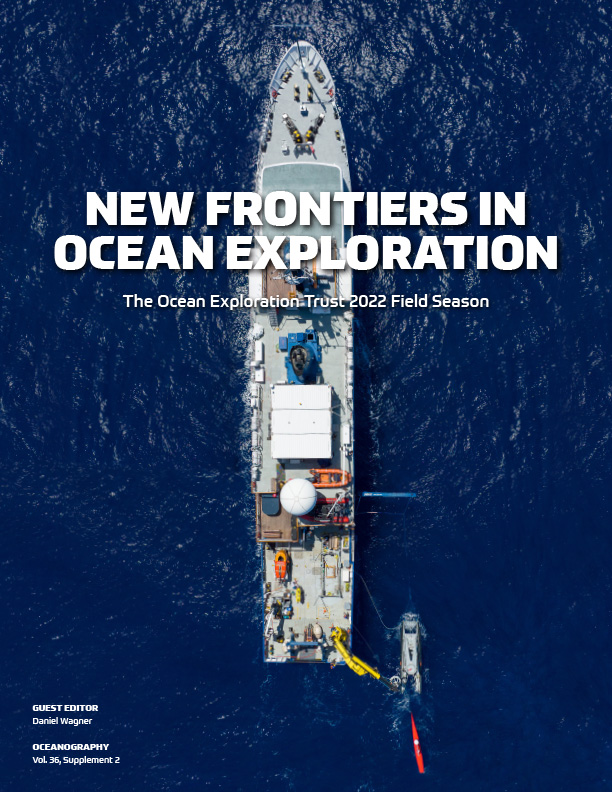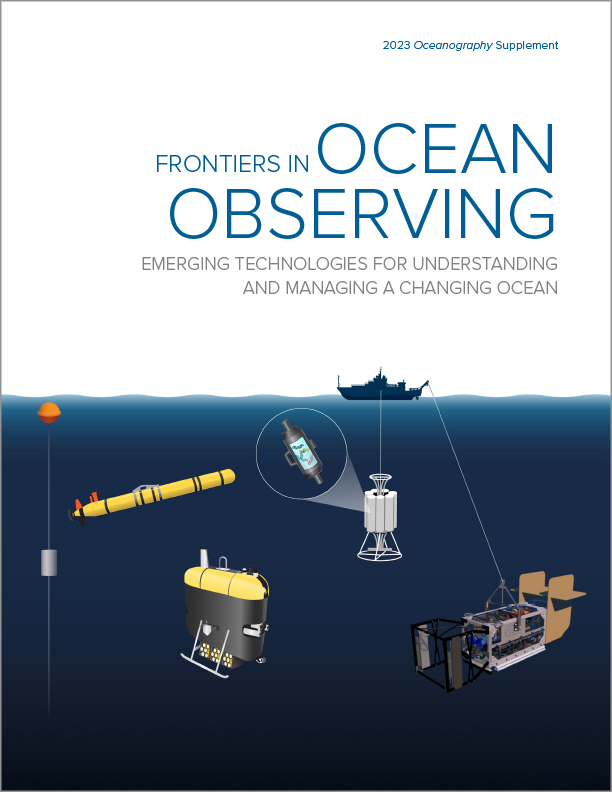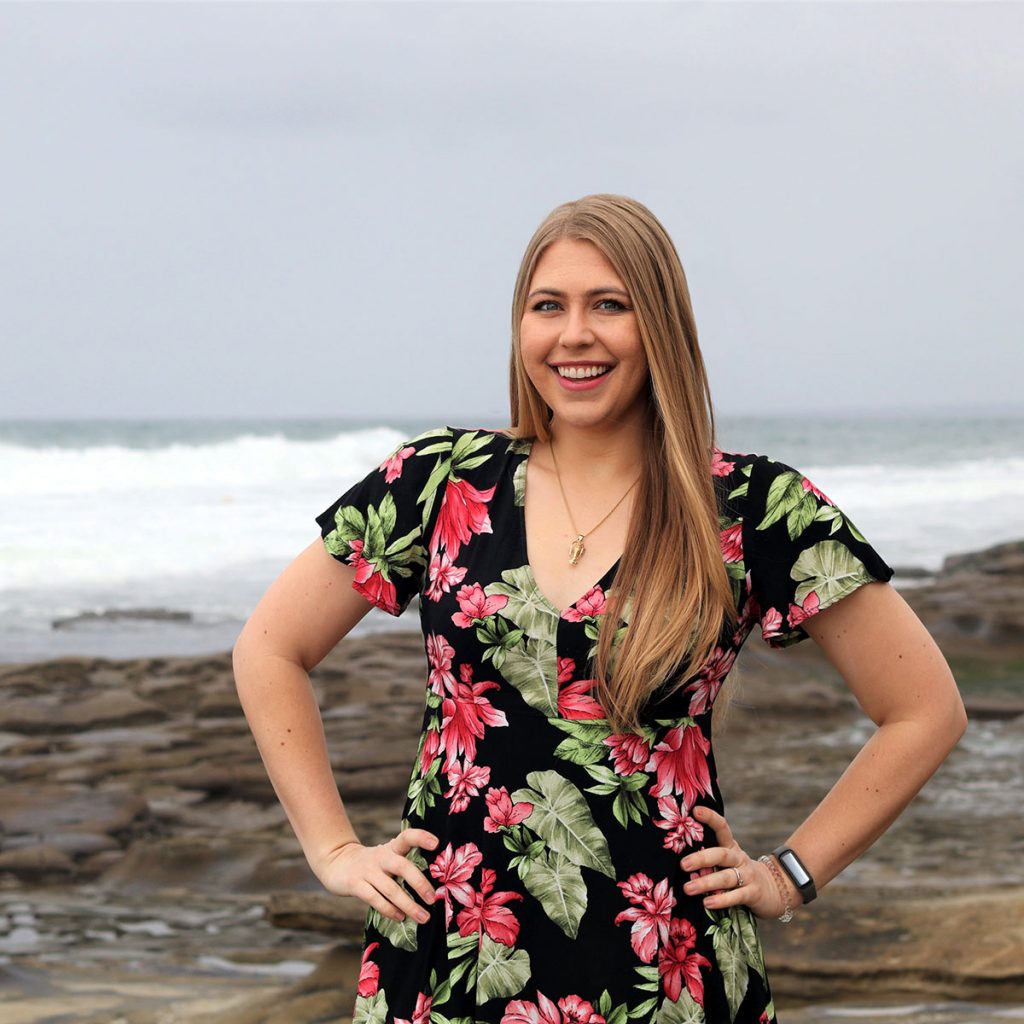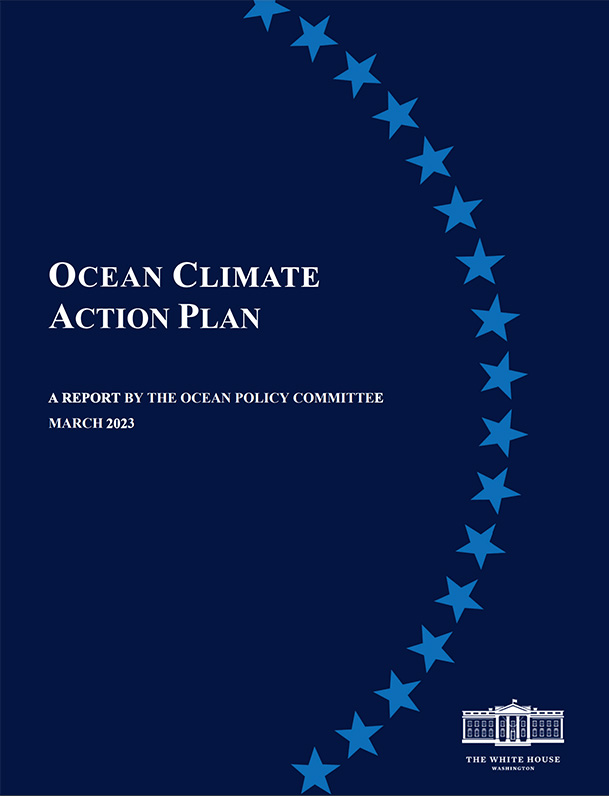TOS News
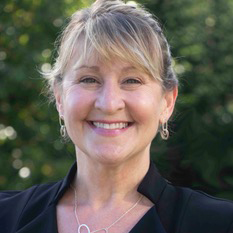
FROM THE TOS PRESIDENT
Deborah Bronk
Hello TOS members! This month I want to focus on the too often unsung heroes of ocean science.
Much of the ocean research done in the world is executed by scientists without PhDs—how do we do a better job providing them a voice and recognizing their contributions?
In my experience, the decision of whether to pursue running one’s own lab versus working within someone else’s lab hinges on many things like desired work life balance, financial resources, opportunity, risk tolerance, desire to be more hands on, etc. It does not hinge on intellectual ability or talent. I do not mean to diminish the importance of the leadership provided by scientists that pursue PhDs. They are charged with generating the ideas and pursuing the funding to advance our field. But, much of that work won’t happen without the technical skills, experience, and passion of the science staff they work with, most of which do not have PhDs.
These same individuals also help to train the next generation of scientists in graduate schools around the world. In my own case, I had a wonderful PhD advisor, Pat Glibert, but day in and day out it was the woman who ran Pat’s lab (and TOS’s long-serving treasurer), Sue Banahan, who trained me in analyses, taught me how to plan and pack for cruises, and helped me figure out why my samples kept literally blowing up! Sue’s mentorship was critical to my development as a scientist.
Where are the voices representing the needs of this segment of our community? If you survey the boards of societies in aquatic science and related fields, you will find student representatives, but it is rare to see non-PhD scientists serving.
Where are these most critical members of our research community celebrated? If you survey the recipients of the many awards given by organizations in our field, it is rare for them to go to lab managers, research technicians, or research associates.
I believe ocean science will be stronger and more productive as a discipline if we seek the counsel and applaud the work of all members of our community. This is a topic I will raise with the TOS Council. I’d like to build on the work started with the establishment of the TOS Ocean Observing Team Award to more fully recognize the contributions of all scientists. I welcome your thoughts as we start that conversation.
I’m here to serve, so please reach out to me at [email protected] if you have ideas of how TOS can better serve its members.
SOCIETY NEWS
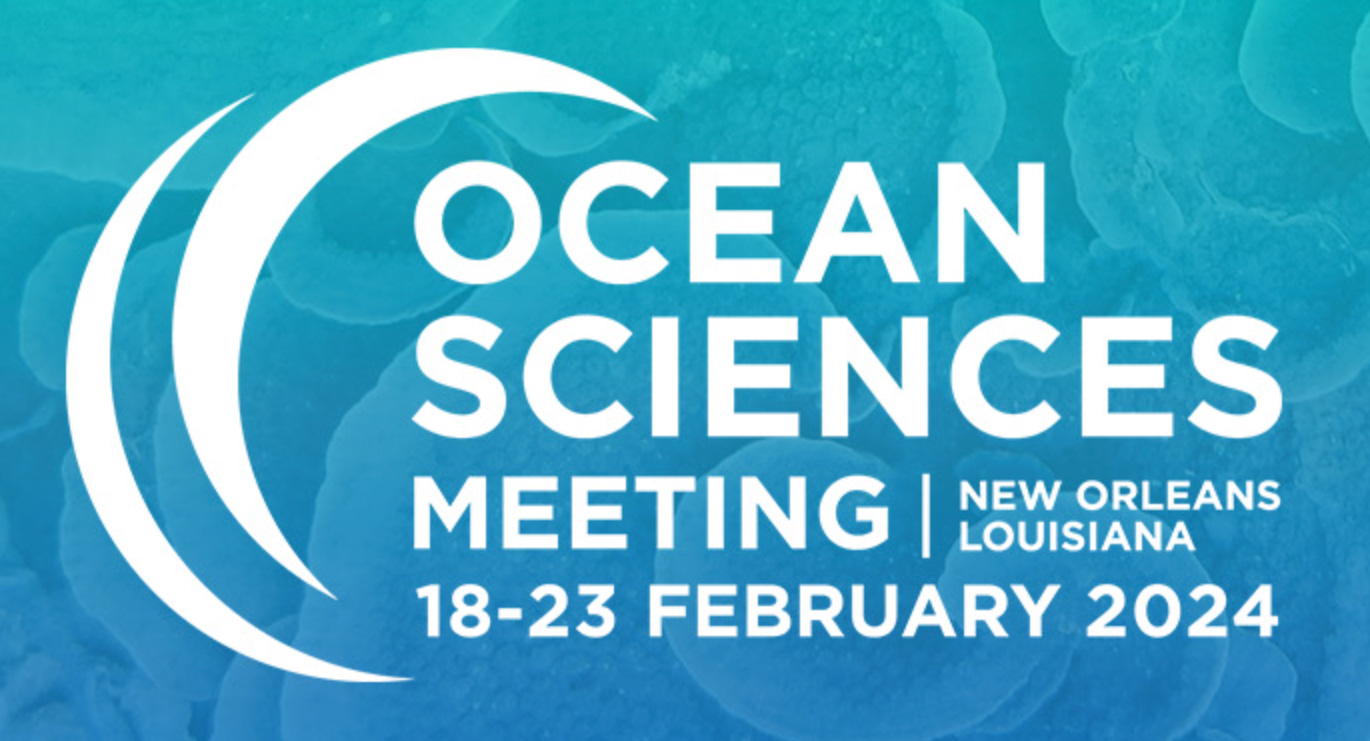
CALL FOR SESSION AND TOWN HALL PROPOSALS
OCEANOGRAPHY NEWS
NEW MANUSCRIPT SUBMISSION PORTAL
Preparing a manuscript for Oceanography? Please submit it through our new manuscript submission portal. Author guidelines are available at that link and on the Oceanography website.
STUDENT AND EARLY CAREER NEWS
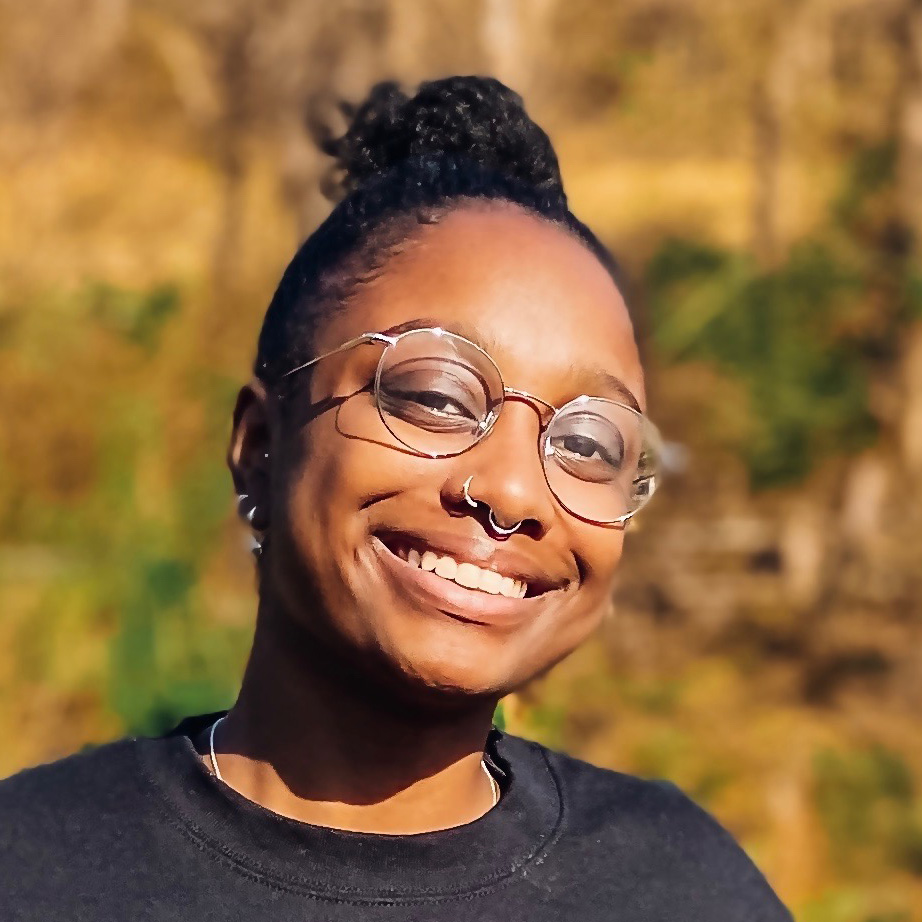
STUDENT HIGHLIGHT
Janelle Layton
As a young Black female, just getting to this point in my academic career has been nothing but challenging. I most likely would not have made it this far without the active research, academic, and life mentors who have helped guide my way. I hope that once I finish graduate school, I can continue in academia to create a safe space for minority students with similar interests. I would also like to help students find their passion and to diversify the mindset of marine scientists as a whole.

A Program of the UN Decade of Ocean Science for Sustainable Development
Why engage in the U.S. ECOP Node? Connect with other ECOPs to enhance your disciplinary and interdisciplinary career path. Take part in social events with ECOPs. Learn about relevant conferences, events, and job opportunities. Gain understanding of emerging topics in marine science, policy, and management.
CHECK OUT THE LATEST CAREER PROFILES
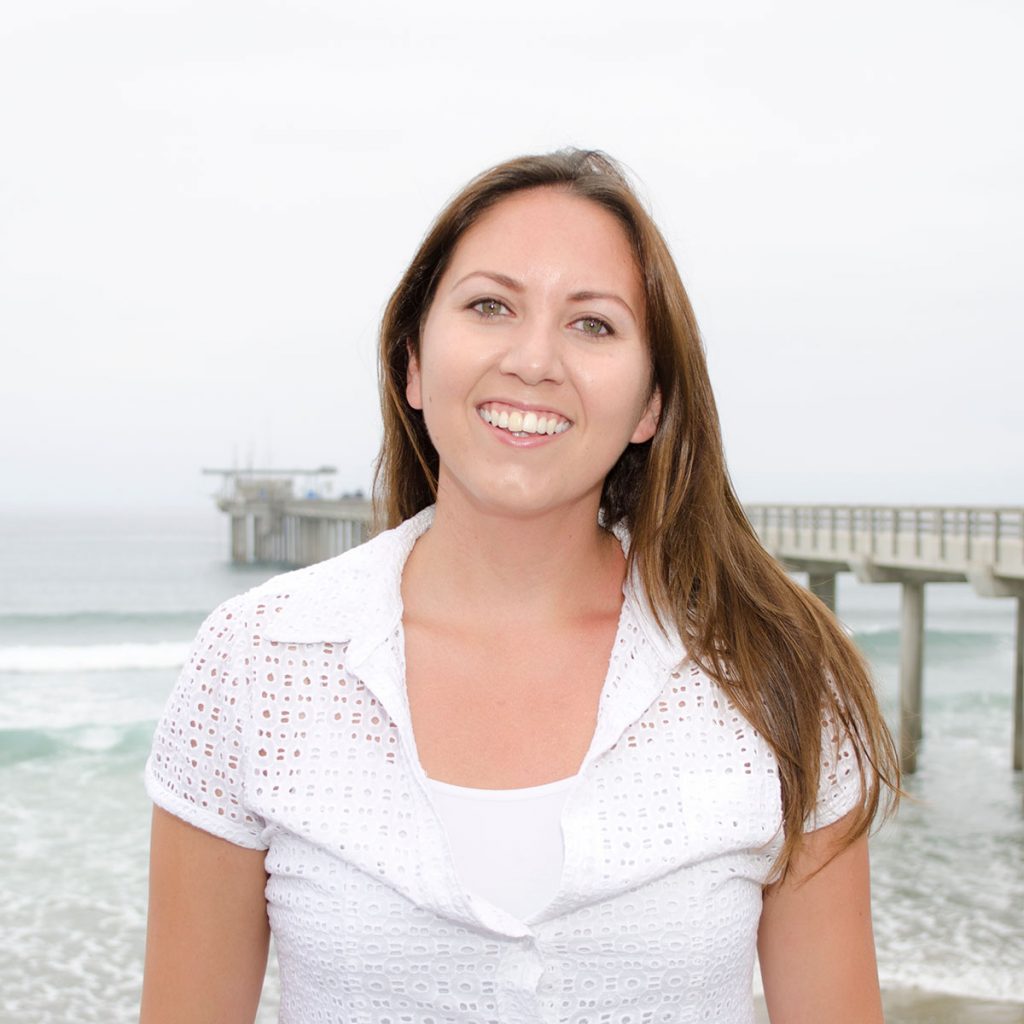
Angelica Rodriguez, Research Scientist, NASA Jet Propulsion Laboratory, California Institute of Technology
COMMUNITY NEWS
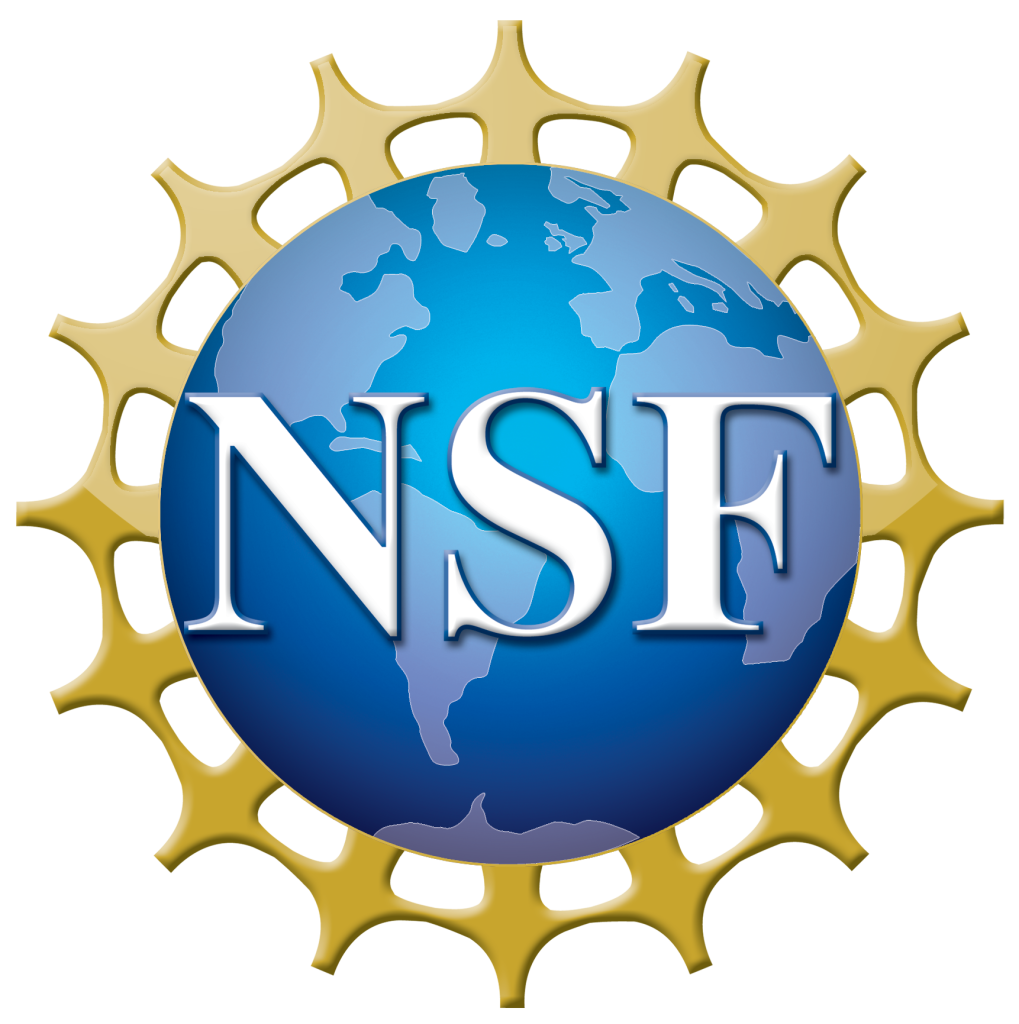
SEEKING BIOLOGICAL OCEANOGRAPHY PROGRAM DIRECTOR
U.S. OCEAN CLIMATE ACTION PLAN PUBLISHED
The Ocean Policy Committee, co-chaired by the White House Council on Environmental Quality and the White House Office of Science and Technology Policy, released today the first-ever United States Ocean Climate Action Plan, a groundbreaking roadmap to harness the power of the ocean to advance transformational steps to protect ocean health and address the climate crisis.
Sign Up for TOS News

© 2026 The Oceanography Society
1 Research Court, Suite 450-117, Rockville, MD, 20850, USA | Phone: (1) 301-251-7708 | [email protected] | Privacy Policy

